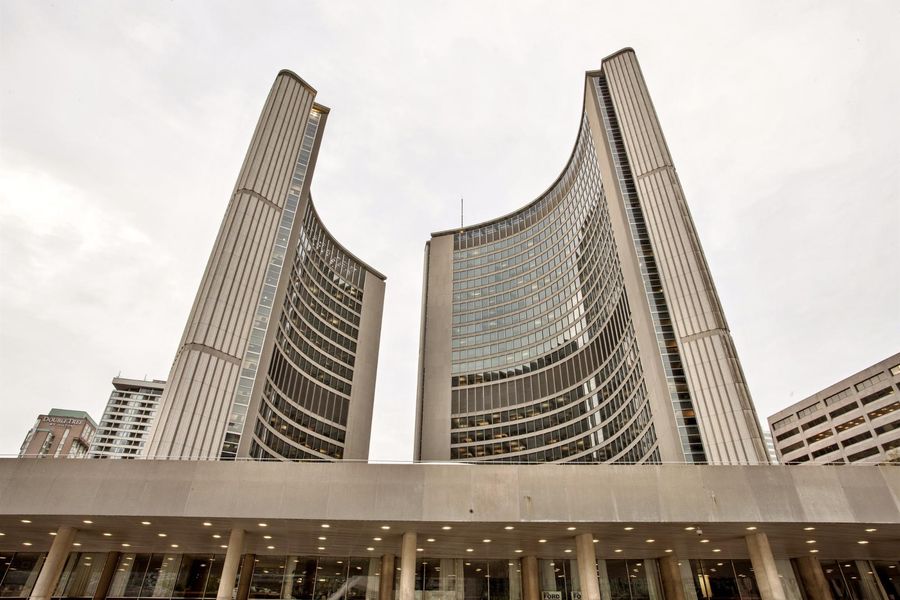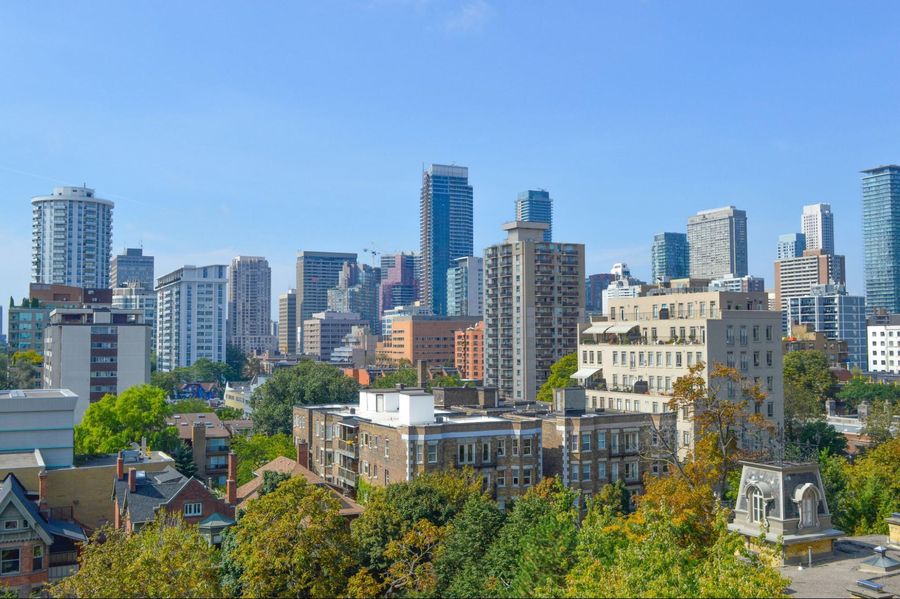Toronto City Council is voting today on whether or not to raise the municipal which the Toronto Regional Real Estate Board (TRREB) is imploring it not to increase lest housing become even less affordable.
“While it may be tempting to raise land transfer taxes on buyers of homes priced over $2 million, City Council should remember two things: first, an average priced home in Toronto last year was almost $1,000,000, and this typically represents a modest home by Toronto standards. The average price of a detached home in Toronto was almost $1.5 million in 2020,” Lisa Patel, TRREB’s president, said in a statement.
“Secondly, any increase to the already high land transfer taxes in Toronto could discourage move-up buyers from listing their homes for sale, with many of these households choosing to renovate instead. This means more modest homes will not become available for those looking for more affordable options. Council should be wary of any policy move that could interrupt households’ regular progression through the housing market over time.”
According to figures prepared by TRREB, the municipal land transfer tax on a $2 million home in Toronto would cost the buyer $36,475 in addition to the same amount paid through the provincial land transfer tax, for a total of $72,950. The real estate board noted that, at 4%, these properties are already the highest taxed in Canada.
Simeon Papailias, co-founder and managing partner of REC Canada, agreed and noted that, instead of buying a new home and paying two land transfer taxes, that money could be invested in a renovation that would augment a home’s value.
“This is a stupid idea—we’re talking about one of the two least affordable cities in Canada, and council wants to make it worse,” Papailias told CREW. “They would dissuade up to 20% of people thinking of selling their homes to move up the ladder because they’d just renovate instead.”
Ultimately, however, Papailias reckons that taxing Torontonians to the hilt—especially without any discernible increase in services offered—would further erode affordability in a city that’s already losing residents to its exurbs, where housing is more affordable.
“It’s one thing to introduce this tax on a $2 million home in Atlantic Canada, but the average price in Toronto isn’t far off that number,” he said. “With fewer people listing their homes, thereby further constricting supply, and buyers facing rapidly rising costs of moving up, this will contribute to affordability issues.”
Neil Sharma is the Editor-In-Chief of Canadian Real Estate Wealth and Real Estate Professional. As a journalist, he has covered Canada’s housing market for the Toronto Star, Toronto Sun, National Post, and other publications, specializing in everything from market trends to mortgage and investment advice. He can be reached at neil@crewmedia.ca.









